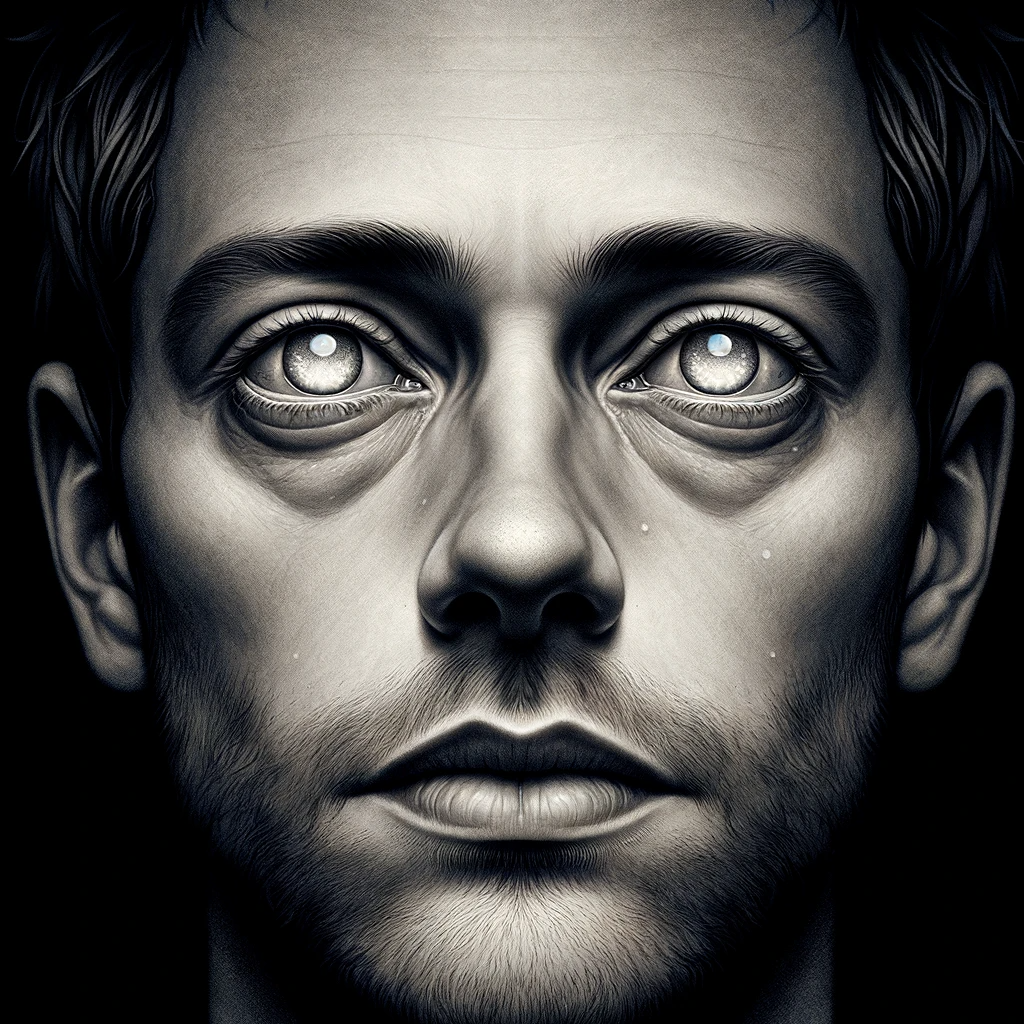Dead
Definition
Dead is an adjective, noun, and adverb that generally refers to a state in which life has ceased, as well as a complete absence of activity, energy, or response. It can describe lifelessness in living organisms or a lack of functionality in objects. As an adverb, it means completely or absolutely.
Parts of Speech
- Adjective
- Noun
- Adverb
Pronunciation
American English
- IPA Pronunciation: /dɛd/
- Respelling: DED
British English
- IPA Pronunciation: /dɛd/
- Respelling: DED
Etymology
The word "dead" originates from the Old English "dēad," meaning "deprived of life," derived from Proto-Germanic "*daudaz." It is related to similar words in Germanic languages that denote lifelessness or inactivity.
Derivatives
- Deadly (adjective/adverb)
- Death (noun)
- Deadness (noun)
- Undead (adjective)
- Deaden (verb)
Synonyms
- Lifeless
- Deceased
- Inert
Antonyms
- Alive
- Living
- Active
Usage
The term "dead" is commonly used to refer to something that no longer has life or energy, such as "The plant is dead." It can also refer to non-living objects that are no longer functioning, as in "The battery is dead."
Related Terms
- Death: The state of being dead or the cessation of life.
- Mortality: The condition of being subject to death.
- Demise: A euphemistic term for death.
Detailed Definitions
Adjective
- No longer alive; lifeless: Describes organisms that have ceased all biological functions.
- Example: "The fish was dead when they found it."
- No longer functional or responsive: Refers to inanimate objects that are no longer working.
- Example: "The phone is dead after being dropped."
- Without any energy or enthusiasm: Describes a state of inactivity, dullness, or lack of liveliness.
- Example: "The party was dead by midnight."
Noun
- People who have died: Used to collectively refer to deceased individuals.
- Example: "They built a memorial for the dead."
Adverb
- Completely or absolutely: Used to intensify a description, often indicating exactness.
- Example: "The car stopped dead in its tracks."
dead



🇨🇳 Mandarin (Simplified Chinese)
- 死 (not alive)
- IPA Pronunciation: /sɨ˥˩/
- English Respelling: sǐ
🇮🇳 Hindi
- मृत (not alive)
- IPA Pronunciation: /mɾɪt̪/
- English Respelling: mrit
🇪🇸 Spanish
- Muerto (not alive)
- IPA Pronunciation: /ˈmwerto/
- English Respelling: mwair-toh
🇫🇷 French
- Mort (not alive)
- IPA Pronunciation: /mɔʁ/
- English Respelling: mor
🇸🇦 Modern Standard Arabic
- ميت (not alive)
- IPA Pronunciation: /majt/
- English Respelling: mayt
🇧🇩 Bengali
- মৃত (not alive)
- IPA Pronunciation: /mrit/
- English Respelling: mrit
🇷🇺 Russian
- Мёртвый (not alive)
- IPA Pronunciation: /ˈmjortvɨj/
- English Respelling: myortvyy
🇵🇹 Portuguese
- Morto (not alive)
- IPA Pronunciation: /ˈmoɾtu/
- English Respelling: mor-too
🇮🇩 Indonesian
- Mati (not alive)
- IPA Pronunciation: /ˈmati/
- English Respelling: ma-tee
🇩🇪 German
- Tot (not alive)
- IPA Pronunciation: /toːt/
- English Respelling: toht
🇯🇵 Japanese
- 死 (not alive)
- IPA Pronunciation: /ɕi/
- English Respelling: shi
🇻🇳 Vietnamese
- Chết (not alive)
- IPA Pronunciation: /cɛt̚˧/
- English Respelling: chet
🇰🇷 Korean
- 죽다 (not alive)
- IPA Pronunciation: /t͡ɕuk̚˦˦˧/
- English Respelling: juk-da
🇹🇷 Turkish
- Ölü (not alive)
- IPA Pronunciation: /œ.ly/
- English Respelling: oe-loo
🇵🇰 Urdu
- مردہ (not alive)
- IPA Pronunciation: /mur.də/
- English Respelling: murda





